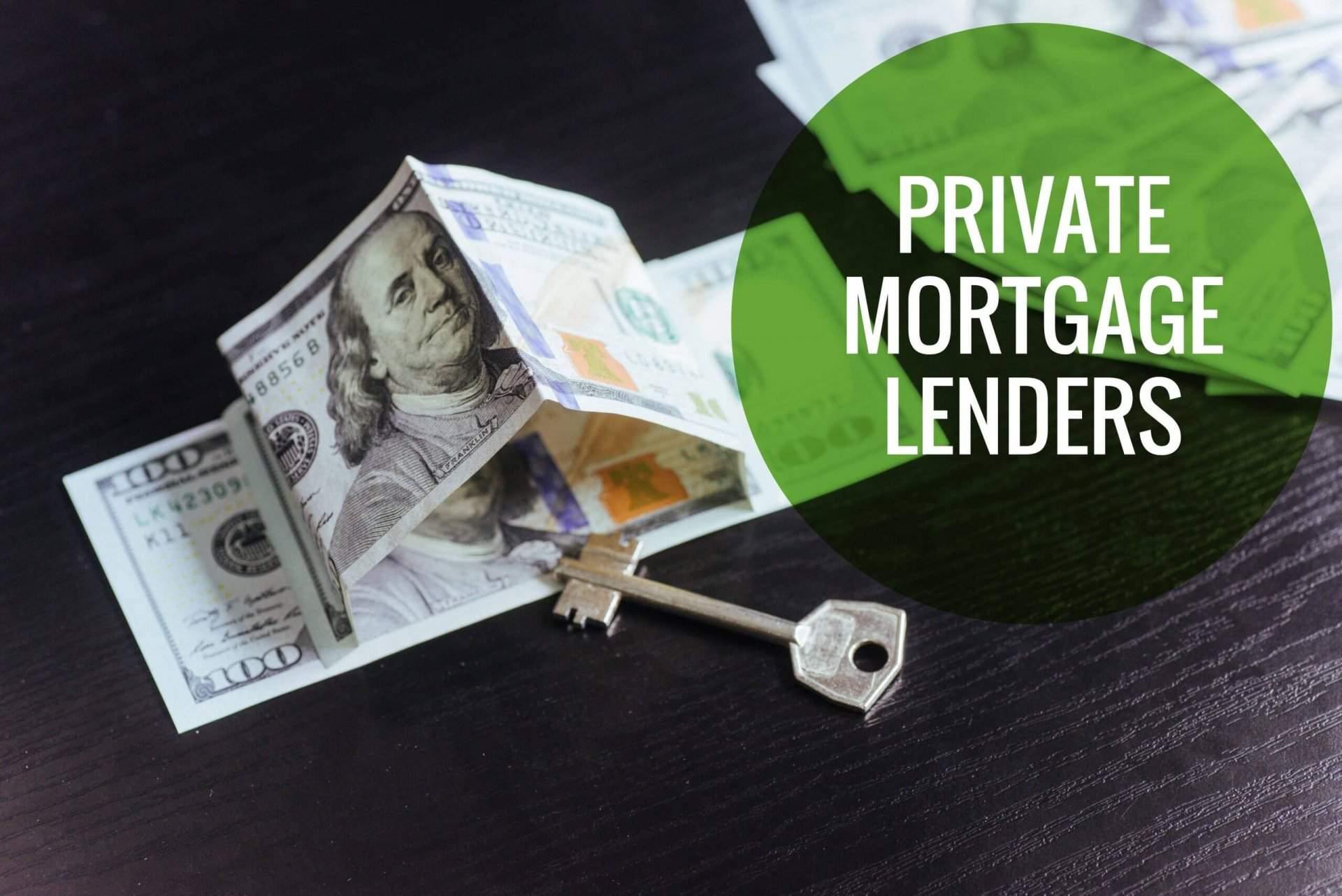The evolution of real estate financing with private mortgage lenders savannah ga
Wiki Article
Exactly how It Functions: A Comprehensive Overview to Mortgage Lending for First-Time Purchasers
Steering the globe of mortgage lending can be intimidating for new purchasers. Recognizing the fundamental elements like principal, interest, and down repayments is crucial. Furthermore, recognizing the different sorts of home loan and the application process can greatly affect one's experience. By checking out vital factors that influence rates of interest, purchasers may uncover beneficial understandings. What else should they take into consideration prior to making such a considerable economic commitment?Understanding Mortgage Basics
When new customers enter the domain of homeownership, understanding mortgage essentials ends up being important for making informed choices. A home loan is basically a loan safeguarded by the building being bought, allowing people to purchase a home without paying the complete price upfront. Buyers need to recognize essential parts, consisting of principal, rate of interest, tax obligations, and insurance policy, frequently summarized as PITI. The principal is the quantity borrowed, while passion is the expense of borrowing that quantity, revealed as a percentage. Tax obligations and insurance are additional costs that can considerably influence month-to-month settlements. Purchasers must additionally think about the car loan term, typically 15 or 30 years, which influences repayment quantities and general passion paid. Comprehending credit rating is essential, as they affect car loan eligibility and rates of interest. Understanding these essential ideas encourages novice customers to navigate the mortgage landscape with confidence and make selections that align with their monetary objectives.Kinds of Mortgage Loan
When considering mortgage choices, new customers frequently come across 2 main kinds: fixed-rate and adjustable-rate mortgages. Fixed-rate home loans supply stability with consistent repayments over the finance's term, while adjustable-rate home mortgages can offer reduced preliminary rates that may fluctuate in time. Understanding these differences is essential for making an informed choice.Fixed-Rate Home loans
Fixed-rate home mortgages supply stability and predictability for new buyers navigating the intricacies of home financing. With a fixed-rate mortgage, the passion rate remains consistent throughout the lending term, generally varying from 15 to three decades. This constant rate permits buyers to intend their budget plans efficiently, knowing that their month-to-month repayments will not rise and fall. New customers take advantage of this structure as it eliminates unpredictability in lasting monetary commitments. Additionally, fixed-rate home loans frequently feature lower first rates contrasted to adjustable-rate options, making them an eye-catching option for those wanting to develop home equity gradually. In general, fixed-rate home mortgages provide a straightforward course to homeownership, suitable for individuals looking for long-term economic safety.Adjustable-Rate Mortgages
For novice homebuyers seeking flexibility, variable-rate mortgages (ARMs) can give an enticing option to fixed-rate financings. ARMs normally use lower initial rates of interest, making month-to-month payments more inexpensive in the very early years. Nevertheless, these prices vary after a first set period, which can lead to boosted repayments gradually. Debtors need to recognize the index and margin that determine future price changes. Commonly, ARMs have adjustment durations of one, 3, or five years, with regular caps to limit exactly how much rates can enhance at each adjustment. While ARMs can be beneficial for those planning to sell or refinance prior to the price readjusts, they likewise bring dangers if market problems alter substantially. Detailed research study is vital for informed decision-making.The Mortgage Application Process

Trick Variables Affecting Rate Of Interest

Down Repayments and Closing Costs
Understanding deposits and closing expenses is essential for first-time buyers, as these costs greatly influence the overall price of a mortgage. A deposit is the preliminary quantity paid in the direction of the home's acquisition rate, generally expressed as a percentage. It can range from as reduced as 3% to 20% view website or even more, relying on the financing kind and lending institution requirements. A larger deposit can minimize regular monthly mortgage repayments and get rid of personal mortgage insurance (PMI), which protects loan providers in instance of default.Closing prices, on the other hand, include different fees incurred during the home-buying procedure. These might consist of car loan source costs, evaluation costs, title insurance coverage, and lawyer charges, normally totaling 2% to 5% of the home's acquisition cost. First-time buyers ought to allocate both deposits and shutting prices to ensure they can secure their mortgage and effectively browse the home-buying process.Tips for First-Time Homebuyers
What important ideas can newbie homebuyers follow to navigate the frequently difficult procedure of buying a home? First, setting a reasonable spending plan is vital. Purchasers need to examine their financial circumstance, consisting of income, costs, and possible mortgage payments. Next, acquiring pre-approval for a mortgage can supply quality on what one can afford and enhance their placement when making an offer.Researching neighborhoods is similarly important; buyers must consider aspects such as services, institutions, and future developments. In addition, it is recommended to collaborate with a certified property agent that can offer useful understandings and assistance throughout the buying process.Home their website assessments ought to not be ignored, as they can reveal covert problems that may influence long-term contentment. Buyers need to continue to be person and adaptable, recognizing that locating the ideal home may take time. By complying with these suggestions, novice homebuyers can come close to the marketplace with self-confidence and understanding.Often Asked Concerns
What Papers Are Required for Mortgage Pre-Approval?
For mortgage pre-approval, people commonly require to provide income confirmation, work history, credit history records, income tax return, financial institution declarations, and details of any type of financial debts (Private Mortgage Lenders Savannah GA). These records help loan providers assess monetary capability and figure out car loan eligibilityCan I Obtain a Home Mortgage With Bad Credit Scores?

Numerous lending institutions consider candidates with negative credit report, though terms might vary. Higher rate of interest rates or larger down settlements might be called for. Checking out alternatives with specialized lending institutions or government programs can additionally enhance chances for approval.
For how long Does the Mortgage Approval Process Take?
The mortgage approval process normally takes in between 30 to 45 days. Variables affecting this timeline include the lending institution's efficiency, the borrower's economic paperwork, and the intricacy of the financing application. Hold-ups might occur due to added requirements.What Occurs if I Miss a Home Mortgage Repayment?
If a home mortgage payment is missed, late fees may be sustained, and credit history can endure. Long term non-payment might lead to foreclosure procedures, motivating the loan provider to recover the property after a series of warnings.Can I Re-finance My Mortgage Later On?
Re-financing a home loan later is usually feasible, allowing house owners to change their financing terms, rate of interest, or month-to-month repayments. Qualification depends on debt scores, present market conditions, and the existing mortgage's terms.Report this wiki page